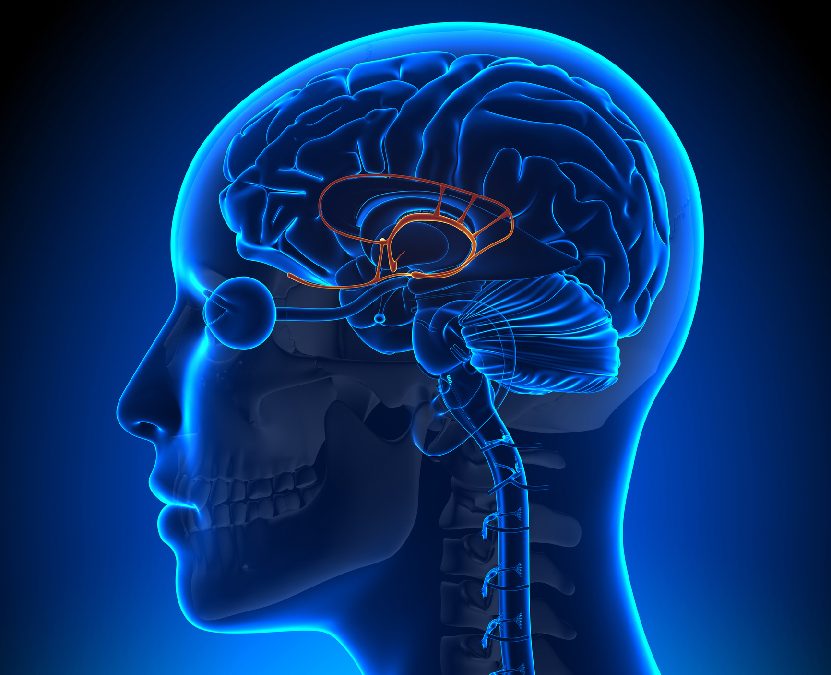The Psychology of Emotions: Understanding and Managing Your Feelings
Emotions are a fundamental part of the human experience. They colour our perceptions, influence our decisions, and shape our interactions. Yet, despite their omnipresence, many of us struggle to understand and manage our feelings. In this blog post, we’ll explore the psychology of emotions, uncovering the essence of what they are, how they function, and how we can better navigate them. By the end, you’ll better grasp your emotional landscape and practical tools to enhance emotional well-being.
What Are Emotions?
Emotions are complex psychological states that involve physiological responses, cognitive interpretations, and behavioural reactions. They arise in response to various stimuli, whether internal thoughts or external events and serve to communicate our inner experiences. Emotions can be broadly categorized into basic and complex types:
1. Basic Emotions:
These are universal and innate. They include happiness, sadness, anger, fear, surprise, and disgust. Basic emotions are often automatic and are crucial for survival. For instance, fear can trigger a fight-or-flight response in dangerous situations.
2. Complex Emotions:
These are blends of basic emotions and often involve higher-level thinking. Examples include guilt, shame, pride, and jealousy. Complex emotions can be influenced by cultural norms and personal experiences.
The Science Behind Emotions
Understanding the science of emotions involves exploring how they manifest in the brain and body. Emotions are processed in the limbic system, particularly the amygdala, which plays a key role in emotional responses and memory. The prefrontal cortex, responsible for executive functions like decision-making, also helps regulate and interpret emotions.
When you encounter a stressful situation, your brain may trigger a cascade of physiological responses: your heart rate increases, you might sweat, and you may feel a rush of adrenaline. These responses are part of the body's way of preparing you to handle the situation. This interplay between brain activity and physiological changes forms the basis of your emotional experience.
Why Emotions Matter
Emotions play a critical role in our daily lives. They influence how we react to events, how we interact with others, and even our overall health. Here are a few reasons why understanding emotions is important:
1. Decision-Making:
Emotions guide our decisions, often faster than rational thinking. For instance, if you feel a strong sense of dread about a decision, it might be your emotional intuition warning you about potential risks.
2. Relationships:
Emotions shape how we connect with others. Understanding your own feelings and empathizing with others' emotions can enhance communication and strengthen relationships.
3. Mental Health:
Chronic negative emotions like stress and anxiety can impact mental health. Recognizing and managing these emotions can help prevent and address mental health issues.
Strategies for Managing Emotions
Managing emotions effectively involves awareness, regulation, and expression. Here are some practical strategies to help you navigate your emotional landscape:
1. Self-awareness:
The first step in managing emotions is recognizing them. Practice mindfulness or journaling to tune into your emotional states. Ask yourself, "What am I feeling right now?" and "Why might I be feeling this way?"
Example: If you find yourself getting irritated during a meeting, take a moment to reflect on the source of your frustration. Is it a particular person’s behavior, or perhaps underlying stress from a different area of your life?
2. Emotion Regulation:
Techniques like deep breathing, progressive muscle relaxation, and cognitive restructuring can help manage intense emotions. These practices help calm the physiological responses and reframe negative thought patterns.
Example: When feeling overwhelmed, take deep breaths and visualize a calm place. Challenge negative thoughts by asking yourself if they are based on facts or assumptions.
3. Healthy Expression:
Finding constructive ways to express your emotions is crucial. This can include talking with a friend, engaging in creative activities, or physical exercise.
Example: If you’re feeling sad, rather than bottling it up, express it through writing or art. Talking to a trusted friend can also provide relief and perspective.
4. Seek Professional Help:
Sometimes, managing emotions can be challenging on your own. Therapists and counsellors can offer guidance and strategies tailored to your needs.
Example: If you’re struggling with persistent anxiety, a therapist can help you develop coping strategies and explore underlying issues contributing to your feelings.
Real-Life Applications
Understanding and managing emotions isn’t just about theory; it has real-world applications. Consider the story of Sarah, who found herself frequently stressed at work. By learning about her emotional triggers and practising mindfulness, she was able to manage her stress more effectively, leading to improved job satisfaction and better relationships with her colleagues.
Similarly, John, who struggled with anger management, found that identifying the root causes of his anger and using cognitive restructuring techniques helped him respond more calmly in tense situations, enhancing his personal and professional relationships.
Conclusion
The psychology of emotions is a fascinating and complex field that offers valuable insights into our inner lives. By understanding what emotions are, how they work, and how to manage them, we can improve our decision-making, relationships, and overall well-being.
Emotions are not just reactions; they are integral to our experience of life. By delving into the psychology of emotions, you gain tools and strategies to navigate your feelings more effectively. So, the next time you find yourself in the midst of a powerful emotional experience, remember that you have the power to understand and manage it. Dive deeper into this intriguing subject, and you might discover new ways to enhance your emotional health and enrich your life. Stay curious and open to the journey of understanding your emotions. There’s always more to learn and explore in the fascinating world of human feelings.






Comments
Post a Comment